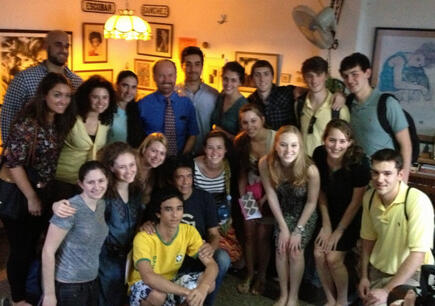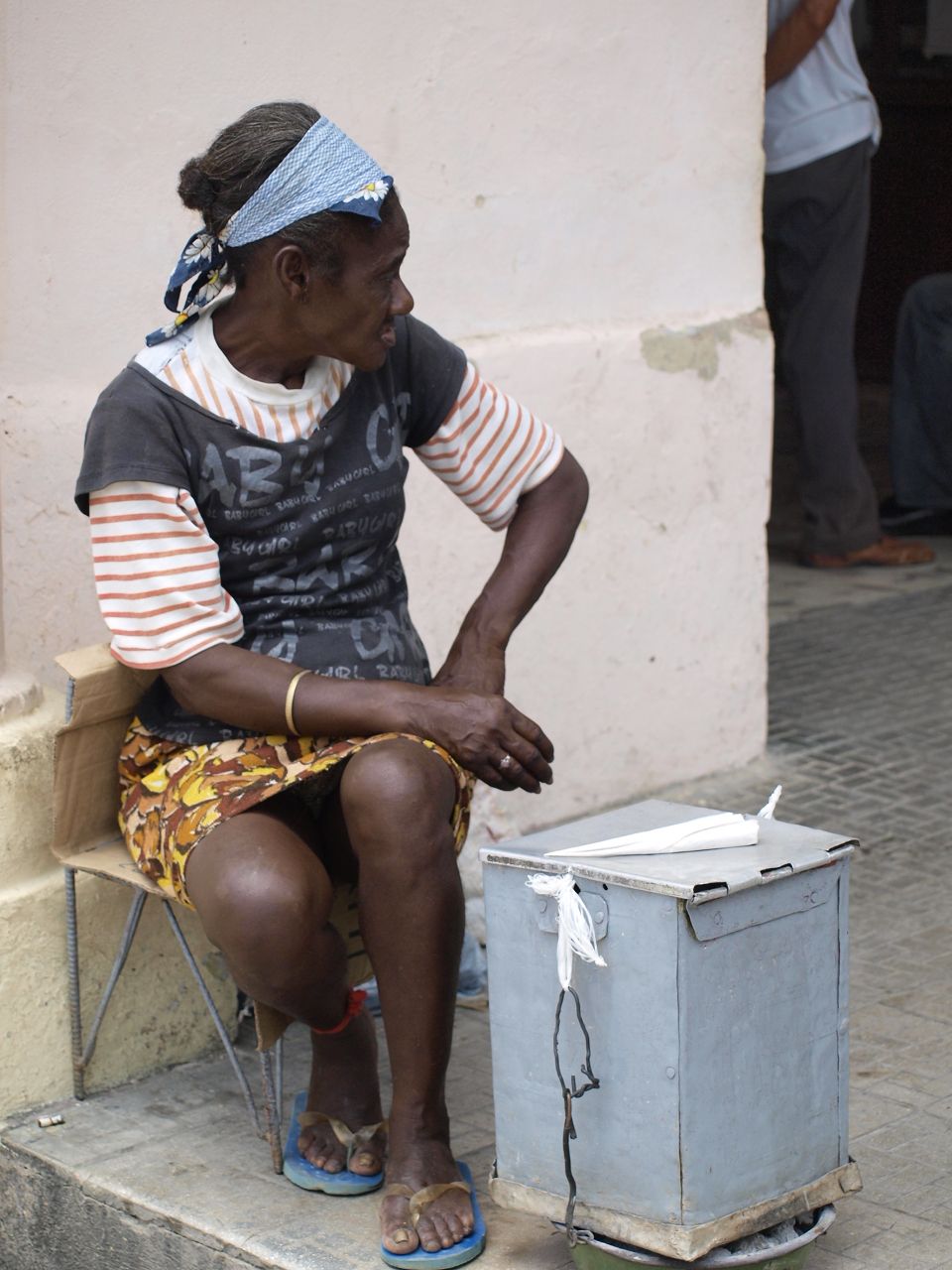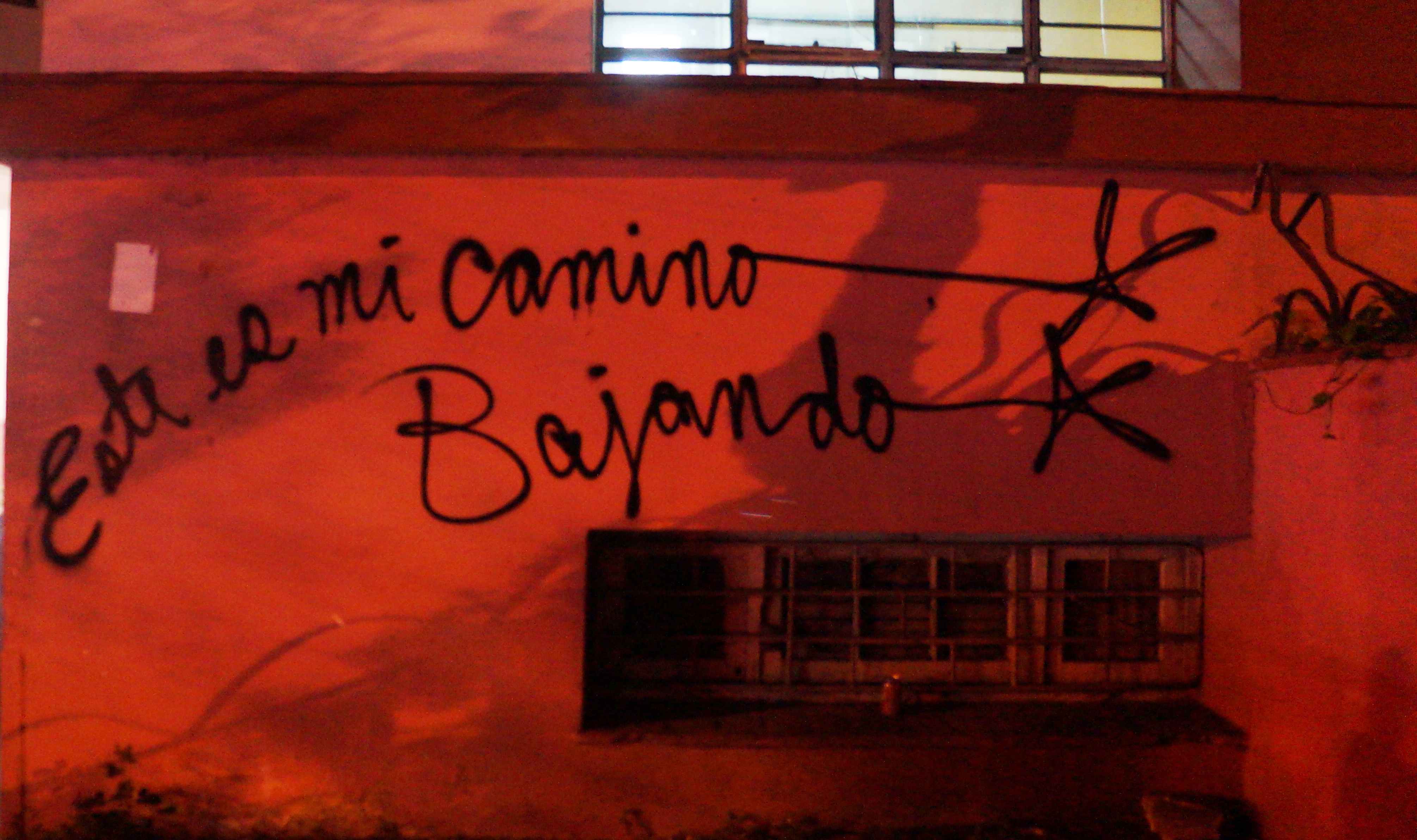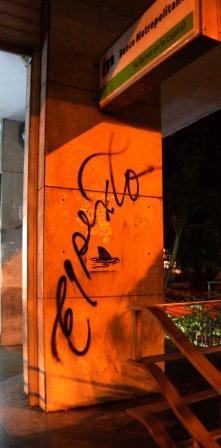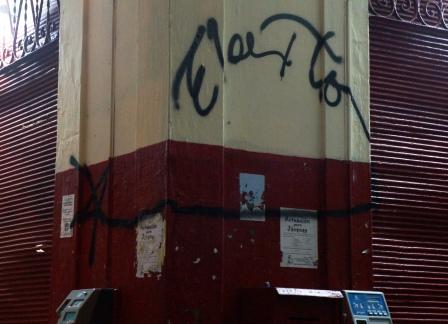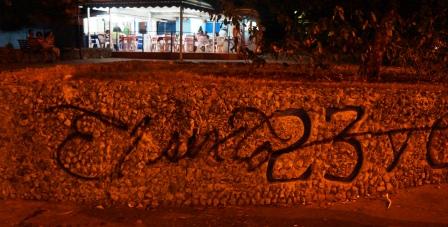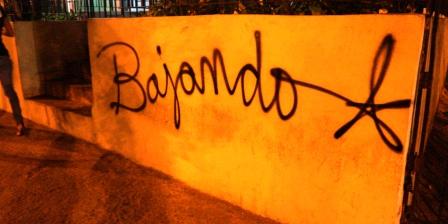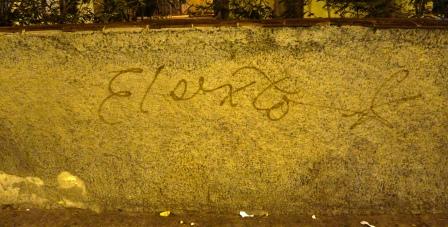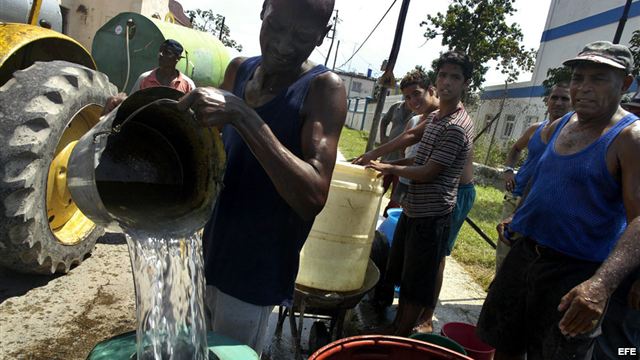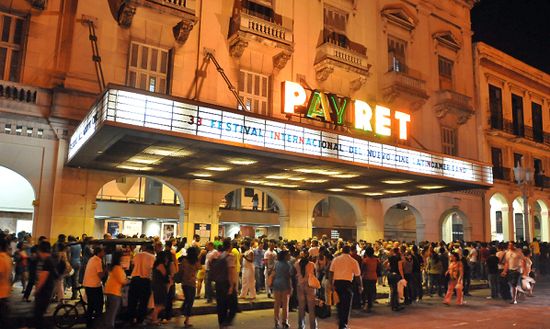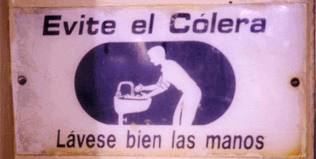
With the outbreak of Cholera in the eastern provinces, to cite an example: Granma province. Result of contaminated or stagnant water for several days. Citizens obliged to store water because of declining supplies on the part of state entities.
When the outbreak’s development reached its peak, the government took small, practically secret measures. Many of the Cuban citizens resident in other provinces, principally the Havanans, found out about the problems in the east of the country by rumors finally proven by an advisory notice from the Minister of Public Health, in which he said that there was a total of three deaths, all of them older (elderly) and several infections. “But the outbreak was controlled,” said the source.
When the government decided to take measures on the trips from any province to the affected corners. Already many Havanans with relatives came and went from the affected places. Because of having taken the measure of suspending trips to the affected provinces, it was not the correct solution. With a short note of important character, alerting Cuban citizens that no matter the means or how important the problems were, not to travel to the country’s east. Because of having a Cholera outbreak in said areas.
The government knows that Cubans do not use the state transportation routes to the provinces. More trips occur on their own than as passage from the bus terminal, on trains, or the airport.
Today in the Cuban capital we are facing the same problems as in the east. We have an outbreak of Cholera that the authorities have not wanted to recognize. With meetings in the education centers alerting their workers that there is an outbreak of “acute diarrhea.” A township like that of “Cerro,” already four known deaths from the virus.
How did said outbreak occur?
Preparation for years that the island had in losing little by little the public sanitation, the international doctors or the foreign students. Many of them coming from poor places and away from civilization. Where illnesses like Cholera, AIDS, etc., have developed strongly.
Drinking water contaminated by sewage water, result of the exploitation that the hydraulic networks suffer that on letting the water flow gives way to the entry of rubbish. By having breakdowns in the main networks mentioned.
Today the country has a very poor public health service, the loss of customs on the part of Cuban society, bureaucracy that delays taking action to eradicate something. They make of the locality an area where illnesses are favored.
Translated by mlk
January 21 2013



 By Dayami Pestano
By Dayami Pestano